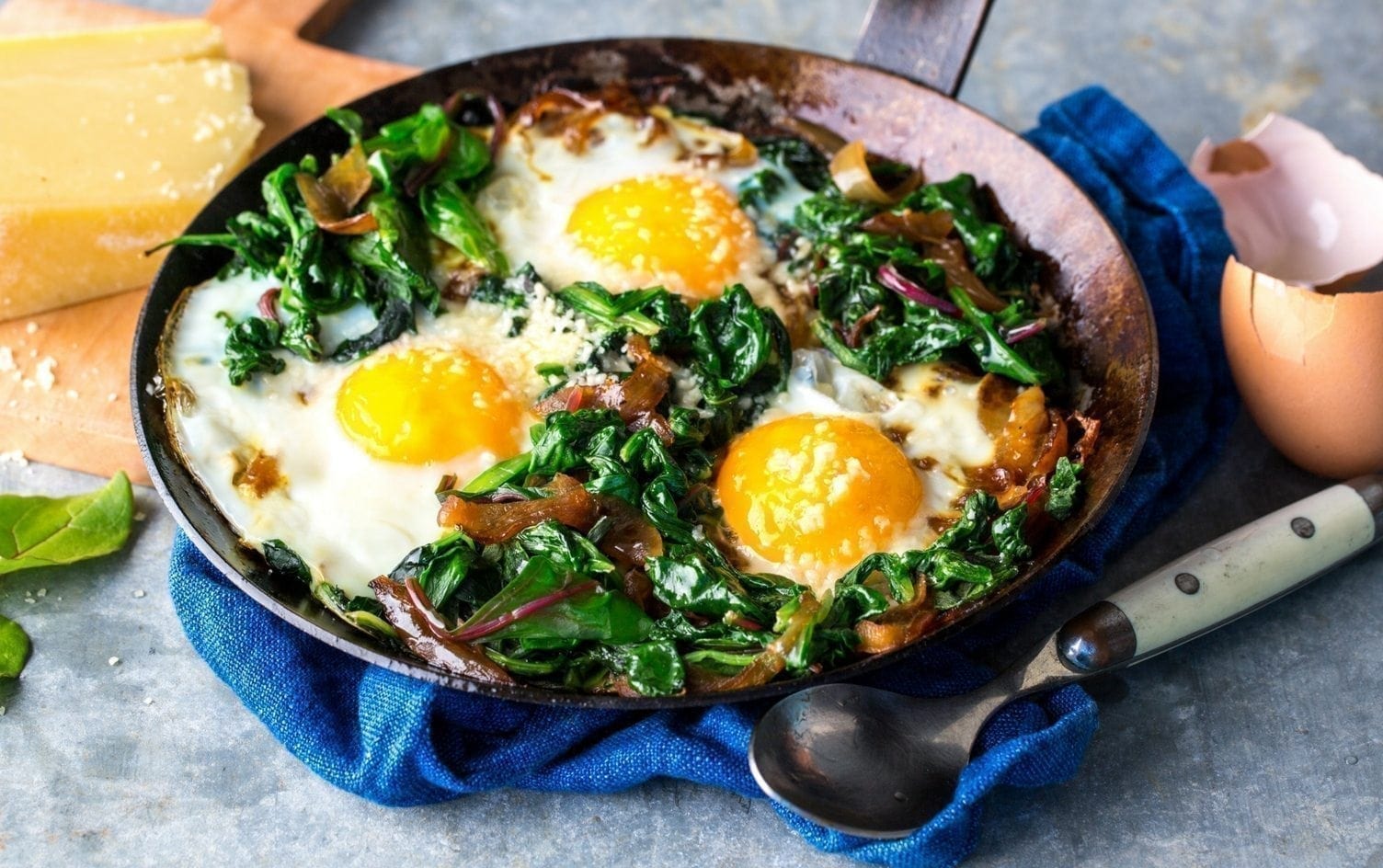
Good news! There are things you can eat to optimize your health both before and after surgery for strength and recovery.
Choose immunity-boosting foods, rich in micronutrients. Micronutrients — like zinc, selenium, copper, folic acid and vitamins C and E — play an important role in building and maintaining a healthy immune system. To increase your intake of micronutrients, start taking a multivitamin a month or so before surgery, specifically one with B12 and iron, which stimulates red blood cell formulation. Skip the megadoses — more isn’t always better — but it’s important to make sure you are getting at least a daily dose of these essential nutrients before surgery.
ANTIOXIDANTS
As the name indicates, antioxidants remove harmful free radicals or oxidants, from the bloodstream. Free radicals are missing an electron in their outer shell and can damage your body’s cellular structures by scavenging from healthy DNA, proteins and cell membranes in order to fill and replace their missing electron. Some of the key antioxidants you’ve likely heard of include vitamin E, vitamin C and beta-carotene, a precursor to vitamin A. Your body’s needs and requirements for antioxidants are significantly higher after surgery. To optimize your intake, choose whole grains, fortified cereals and fish oils (all rich in vitamin E); citrus fruits, bell peppers, spinach, broccoli and strawberries (all great sources of vitamin C); and egg yolk, carrots, squash, sweet potatoes and peaches (choices with beta-carotene) to stock your interior arsenal with antioxidants.
AMINO ACIDS
These are important to load up on before surgery, but they’re especially important after surgery to stimulate cell growth and tissue repair and they may help wounds heal faster. You’ll find a concentration of amino acids in foods like egg whites, chia seeds, edamame, brown rice, nuts, sunflower seeds, fish and chicken thighs.
Glutamine is one of the few amino acids that can directly cross the blood-brain barrier. It’s found naturally in the body’s blood, but illness, injury or stress (like after surgery) cause our body to cut back on production. During these times, it’s important to seek external sources via supplements and diet. Foods rich in glutamine include beef, dairy products, saltwater fish, eggs, beets, kidney beans, parsley, kale and fermented foods like sauerkraut, miso and kimchi. Ask your doctor about glutamine supplementation and an amount adequate for your needs.
READ MORE > 6 TASTY FERMENTED FOODS WITH A PROBIOTIC KICK
HIGH-QUALITY PROTEIN
It’s normal for appetite to be suppressed after surgery, but it’s wise to include a small amount of protein with each snack or mini-meal. Eggs, cottage cheese, yogurt, sustainable canned tuna and chicken all provide quality protein and are more easily tolerated after surgery. In addition to muscle building, protein plays a key role in bone building, too.
FIBER
Many of the medications prescribed after surgery can cause constipation. Be sure you are getting enough fiber from fruits, vegetables and whole grains (along with plenty of water) to help keep you regular and alleviate constipation while on pain medications.
Your efforts should focus on healthy eating and healing first. Reduce sugar, processed foods, and alcohol (especially while on pain medications) to help with recovery — and only when you are fully healed should you redirect your focus to weight loss.




